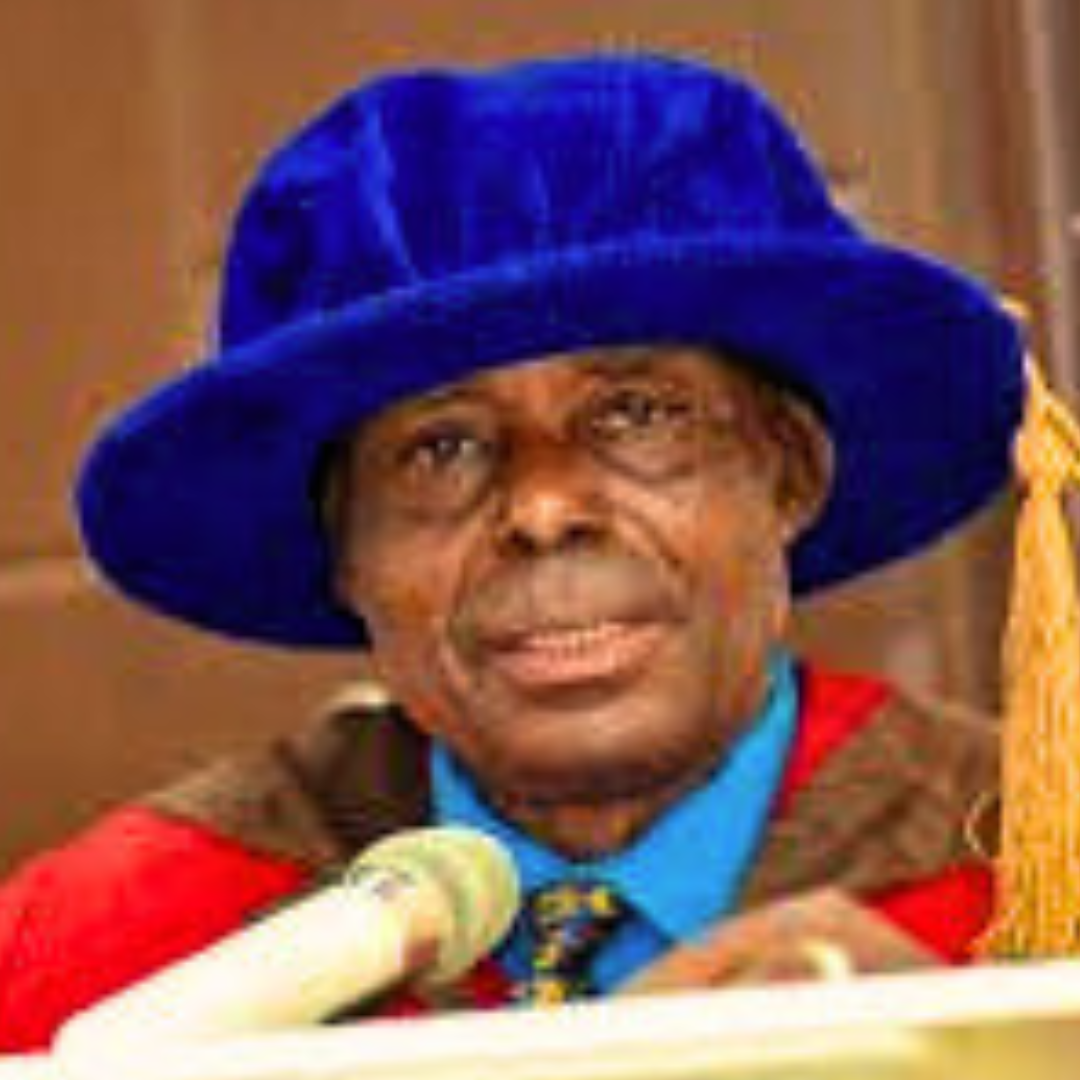
THE FOUR SIGNS OF THE UNIVERSAL CHURCH
“Yet truly, when the Son of Man returns, do you think that he will find faith on earth?” (Luke 18:8). Even if he does, which Church would he recognized as his own? “And I say to you, that you are Peter, and upon this rock I will build my Church, and the gates of Hell shall not prevail against it” (Matthew 16:18).
Although Jesus is not opposed to anyone who heals or casts out demon in his name (Luke 9:49-50), he did establish his own Church founded on his disciples, and that Church took off on the day of Pentecost when the Holy Spirit descended on Mary and the Apostles. On his Second Coming, Jesus is expected to cleanse the earth and pronounce Final Judgement, but he can recognize the Church he founded by the four signs of ONENESS, HOLINESS, CATHOLICITY, AND APOSTOLICITY.
In other words, the true Universal Church is fully united as One, Holy, Catholic, and Apostolic Church. Most of the privately founded Churches lack at least one of the four basic qualities of not being liturgically One, or not being spotlessly Holy, or not being founded on Catholic and Apostolic traditions. For the Church to be one, it means it is fully united under a central command. The Catholic Church is the only Church that is truly one, founded on the Papal tradition with Peter as the first Pope. Most of the other Churches are merely sects, operating under individual founders, with personal mandates, ostensibly derived from Christ, but not of Christ. That is why you can hardly find the picture of Jesus Christ on their posters, banners, and handbills which carry only their photographs and personal information to promote their own image, in a brazen show of self-aggrandisement.
In any Catholic event, Christ is the supreme authority under which all other names are subsumed. Holiness implies being spotlessly clean and holy, because the Church is founded on Christ, who is the only holy one. No human institution can be spotlessly holy because it is bound to be tainted with human imperfection. True holiness requires sanctification by the Holy Spirit which orders the affairs of the Church and all its testaments. This enables the Church and all its agents attain the level of purity needed to perform effectively.
Being Catholic means to be universal in nature, recognizably the same in all parts of the world in liturgy, faith and dogma. Unlike other sects where the liturgy varies from service to service, and from place to place, every single Mass in the Catholic Church is exactly the same, regardless of where in the world or by whom it is being celebrated. Even where it is being offered in a language foreign to some of the parishioners, everybody will follow the Mass all the way, and make responses in their own familiar language.
It is only the homily that is bound up with the personality of the celebrant who has a peculiar message to render in his own language. The readings may also be in a language strange to a foreigner, but he can access them in his own language, because the readings are almost always the same throughout the world from day to day, as published in the Universal Missal or Lectionary. The use of an interpreter may be needed as far as the liturgy of the Word is concerned. But the rest of the liturgy is universally the same in the literal sense.
The fourth sign of the Universal Church is that it is founded on the apostolic traditions, i.e. the traditions of the original Apostles of Christ. This is the same as being founded on Saint Peter, the leaders of the Apostles. According to an Internet Source, apostolic tradition is “the transmission of the message Christ brought about from the very beginnings of Christianity by means of preaching, bearing witness, institutions, worship, and inspired writings.
The apostles transmitted all they received from Christ and learned from the Holy Spirit, to their successors, the bishops, and through them to all generations until the end of the world” (Compendium of the Catechism of the Catholic Church).
The Catholic Church is the greatest legacy of the Apostles, bequeathed to all mankind from the day of Pentecost until the end of time. Furthermore, apostolic tradition is the special revelation of God, distinct from the written Word, as an authoritative supplement to the Scripture.
In the light of the proliferation of Churches, it must be understood that there is only one Universal Church that has stood the test of time, and has remained the only Church validly founded by Christ during his earthly ministry. Jesus Christ is not an author of confusion; having founded his Church, he did not authorize anyone else to found another. His message is clear: “Go forth to the whole world (to the uttermost ends of the earth) and preach the Gospel to every creature. Whoever will have believed and been baptized will be saved. Yet truly, whoever will not have believed will be condemned” (Mark 16:15-16).
It is the message, and not the messenger or his platform for evangelization, that is important. Nevertheless, it must be stressed that individual salvation is not dependent on the type of religion that you follow or the sect that you belong to; it is based on the purity of your heart, your love for God and your neighbour, and the extent to which you have carried out God’s will in your life. Even some secular humanists and atheists, whose hearts are pure and who are morally sound, stand the chance of being saved ahead of hypocritical Christians.



Leave a Comment